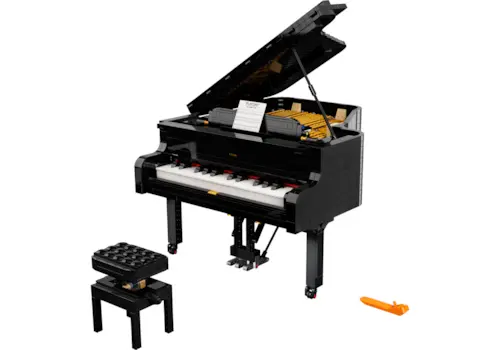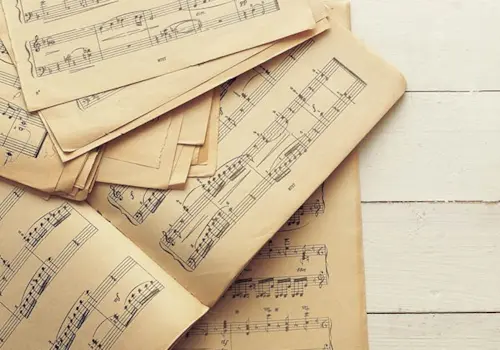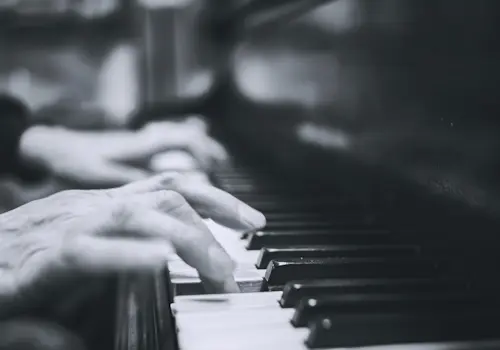Pianist Rhonda Rizzo explains how piano has aided her in recent weeks, and how you can benefit as well
The smooth feel of the keys, beautiful warm tones released at the press of the fingers, time and sound measured, predictable, soothing, and all-engaging– is it any wonder that in these times of deep uncertainty and fear that there’s been a global rise in the number of people playing the piano?
17th century author William Congreve once wrote, “Music has charms to soothe a savage breast.” Pianists know that music also has the power to do much more than simply soothe. Numerous studies have shown that making music is a powerful way to help ourselves stay mentally and physically healthy.
I’ve found these five benefits most helpful:
1. Practising can reduce anxiety

© Pexels
Playing the piano is a whole-brain activity. When we’re engaged in the music we’re creating, we stop thinking about other things. Pressing the keys and processing the notes becomes a mental vacation which allows us to better manage the barrage of bad news we receive every time we turn on the TV or open our computers.
2. Practising can reduce depression

© Pexels
“Where words fail, music speaks” – the famous words of Hans Christian Anderson.
In times when we’re overwhelmed by depression and grief, most language feels inadequate. These are the moments when pianists know to pull out music that gives voice to their feelings, put their hands on the keys, and let their emotions find release in the notes of a great piece of music.
3. Practising can restore a sense of control

© Canva
No one alive has ever faced a global pandemic like this one.
With scant warning, we’ve been thrown into a place where we have little or no control over our lives. We can’t control whether we or the people we love will get sick, how long we’ll be in isolation, or what economic nightmare is following on the heels of the pandemic.
But we’re in charge of our own practising. We can have the quiet satisfaction of creating something beautiful through diligent practising.
4. Practising can improve concentration

© Pexels
When the pandemic hit my country (USA), I found myself so stunned and disoriented by the news that I couldn’t focus anywhere except on making music. Playing the piano requires complete mind and body participation. The repetitive nature of practising requires critical thinking and listening.
Because of these things, making music (much like meditation) quiets the chatter in our minds.
5. Practising can reduce heart rates and lower blood pressure

© Pexels
The benefits of piano practising goes beyond the psychological.
Studies have shown that making music lowers heart rates and blood pressure—two more powerful reasons to practise every day.
Alec Coles-Aldridge goes into more detail about how the piano can aid our physical health here.
It can be difficult to find the motivation to practise when everything feels chaotic and unpredictable. It may be that you (like me) need to step away from working toward big musical goals and turn to repertoire that soothes and calms you.
I encourage you to try.
Look for short calming music that makes you happy and isn’t too hard for you. Schedule practising into your self-isolation schedule, and allow yourself to get lost in a world created by you, your piano, and the composer.
If your experience is like mine, your mind and body will thank you.
Subscribe to Pianist digitally and get a FREE sample, here.







